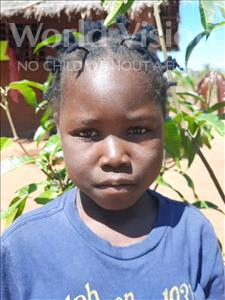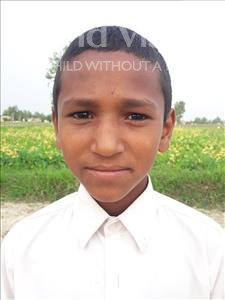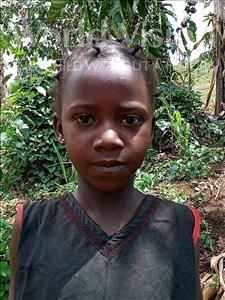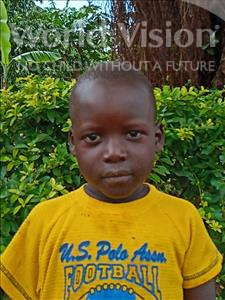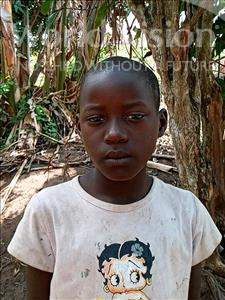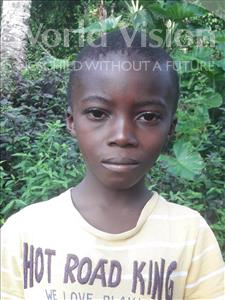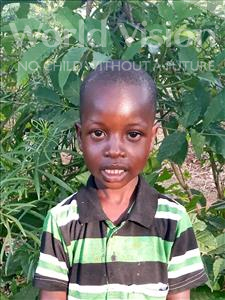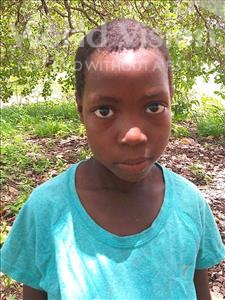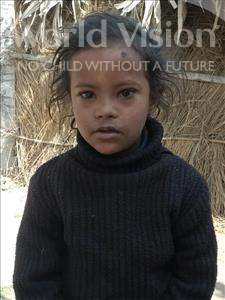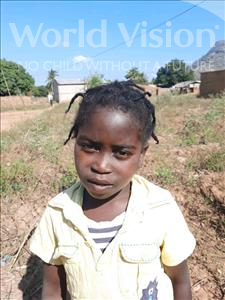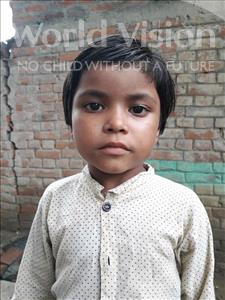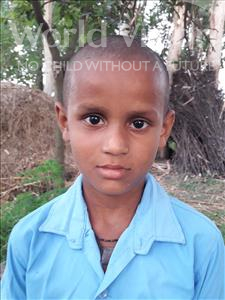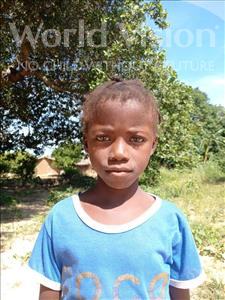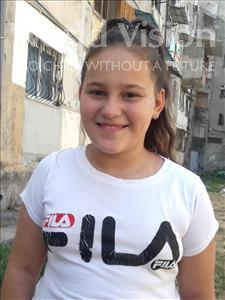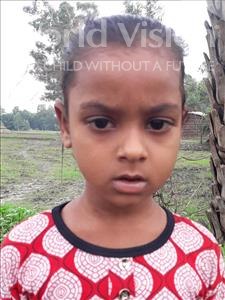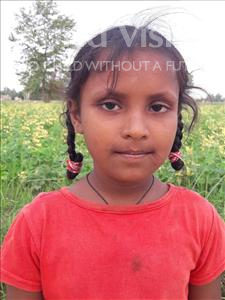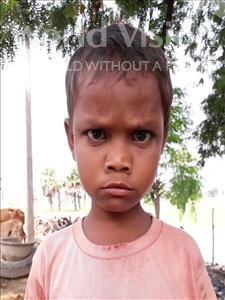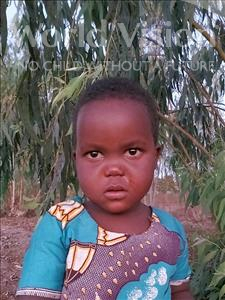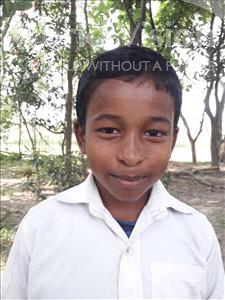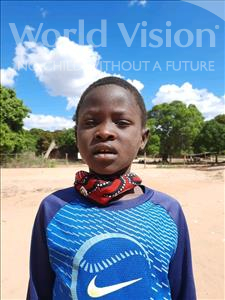The power of a sewing machine
Roji, in Bangladesh, turned her family’s life around when she enrolled herself in tailoring training and became the main source of income for her family. Her children are now well fed, clothed and in full time education working towards a positive future.
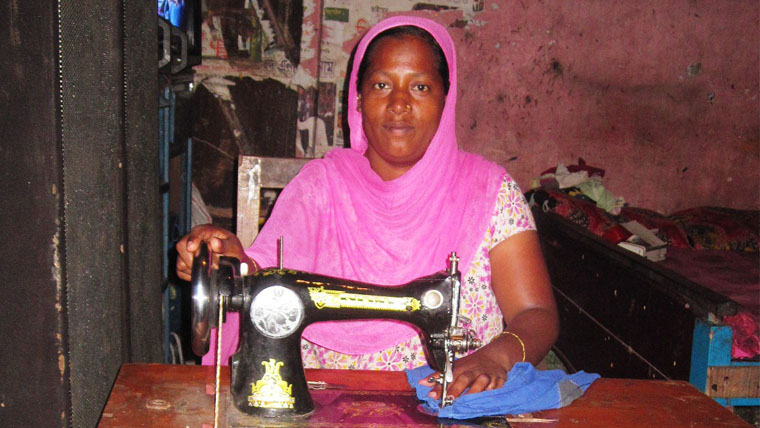
Roji and her family struggled daily to make ends meet. Her husband, Hossain, pulled a rickshaw for a living and barely made enough for the family of four to survive on. Roji took on extra work babysitting, but it still wasn’t enough to provide for the family’s needs.
"When we had less income in the family, providing nutritious food, clothes and education for the children was very difficult. The lack of finances always was a cause of heated arguments and fights between my husband and me," says Roji.
Their financial situation deteriorated further when Hossain developed a long-term illness. "Due to my husband’s sickness the income started dwindling. We didn’t have money to support our children’s educational needs. My son had to stop going to school," says Roji.
Roji’s son, Sajal*,was forced to drop out of school in 2014 to earn a living. He worked every day from 9am until 3pm at a tea stall, earning less than £1 per day.“Several times I confronted my mother about sending me to work. I told her I wanted to go to school and pleaded her to admit me back into school again. I missed my friends in school,” says Sajal.
Being out of school affected Sajal’s mental and physical health. "Washing glasses and plates at the tea stall all day and not being able to meet my school friends took its toll. I was mentally and physically broken," he says.
Wishing to make a difference to the life of her family, Roji took matters into her own hands. She enrolled in courses run by one of our partner organisations. In 2015 she trained in tailoring and received a sewing machine from World Vision. She grew her business seeking orders from the surrounding area, where she became known as a good value tailor.
“At the tailoring training I learnt how to operate a sewing machine and stitch different types of clothes. Now I apply the knowledge I got during the training to stitch clothes as means of earning an alternative source of income. The money I get from tailoring I invest in my children’s education and in managing the needs of the family like food, clothing and healthcare,” says Roji.
The training sessions also made Roji aware of the negative impact of child labour and other child protection issues."I learnt many things. Before the awareness sessions I had no knowledge about child birth registration, child labour, hazardous jobs and how pulling a child out of school adversely affects the child’s well-being. But after regularly attending the sessions I was empowered. Then I understood that child labour puts them at risk. Their health is badly affected and we rob them of their dream," says Roji.
Life has greatly improved for Roji and her family since she took that first step to economically empower herself. Sajal stopped working at the tea stall and, after taking catch up classes, re-joined mainstream education. Roji’s daughter, Kajol, is also studying and is in grade 4.
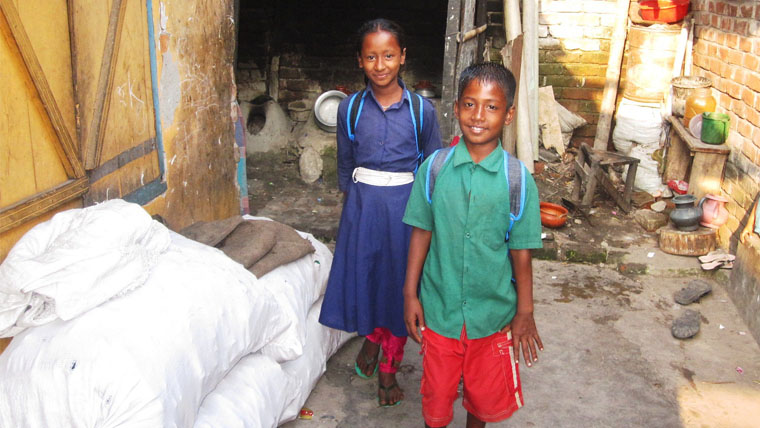
“I am also able to pay the fees of the private tutor who gives Sajal extra coaching. Now I am able to pay more attention to my family and adequately care for them. It brings me joy that I am able to support my husband in meeting the household expenses. Two months ago I was able to open a bank account and deposit £1.06 each month as savings," says Roji.
Roji hopes for a brighter future for herself and her family. She dreams of opening her own shop someday. "I have a great dream to have my own shop and live a better life in the future."
World Vision Bangladesh runs Economic and Agriculture Development programmes to improve the economic well-being and quality of life for communities. We work to create employment, grow household incomes and increase access to food. In 2015, 192,412 people were helped by the programme, many of whom were women like Roji.
Find out more about our work in Bangladesh.
